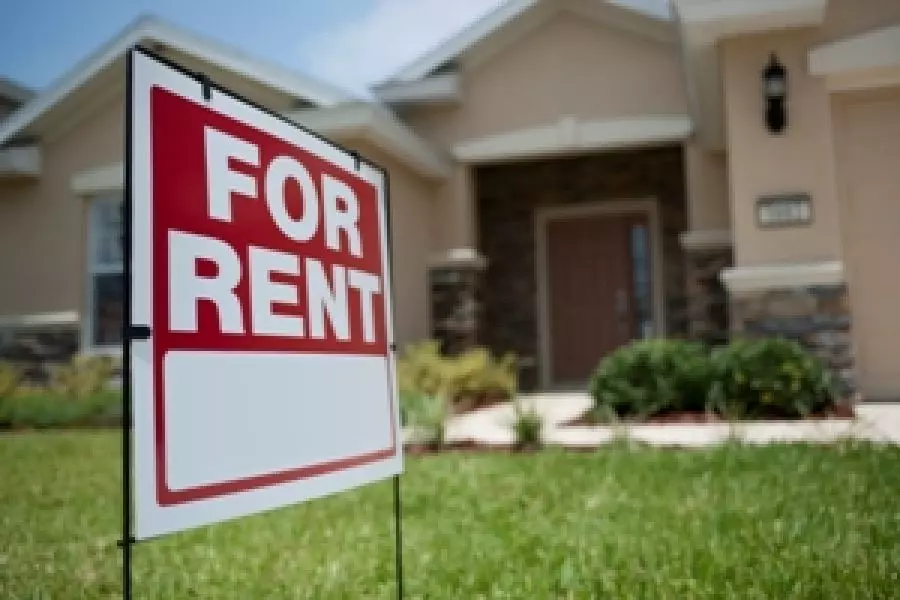News
Airbnb sub-letting breaches RTA – Tribunal

Monday 6th of March 2017
In the first case of its kind in New Zealand, the Tenancy Tribunal has ruled that two Wellington tenants breached both the RTA and their tenancy agreement by sub-leasing their rental property via Airbnb.
The tenants, who made $1,568 from “hosting” guests from Airbnb, were in a fixed-term lease for four months, but found a house and tried to get out of their lease early.
...
Want to read the full article?
Click the button below to subscribe and will have unlimited access to full article and all other articles on the site.






![[The Wrap] Bye Bye Bayly](https://goodreturns.publit.io/file/c_fill,w_900,h_600/39f23ac1-f7c7-4854-b700-a150004ebbac.webp)


